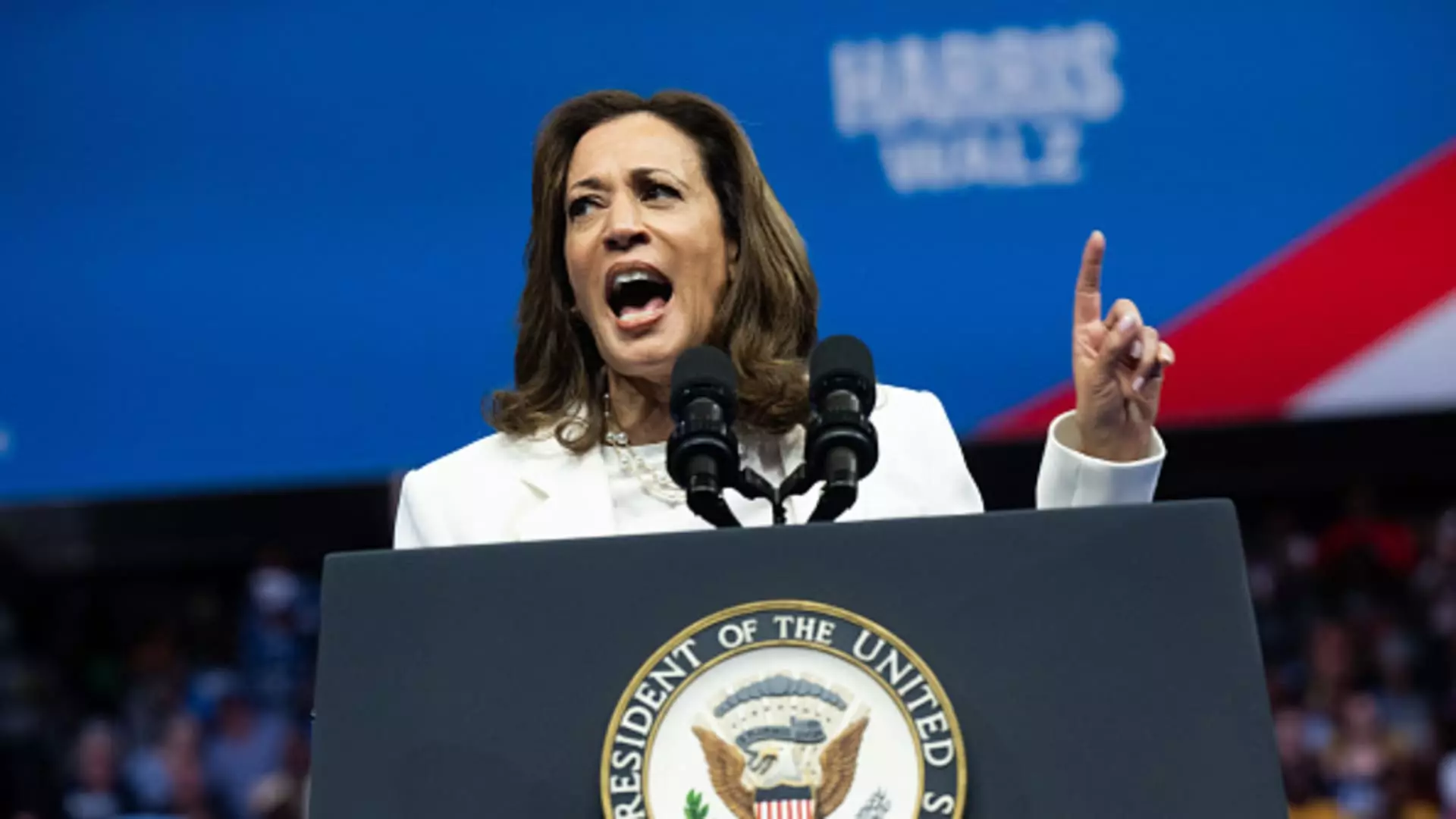Vice President Kamala Harris has outlined her economic agenda, which includes higher taxes on wealthy Americans and corporations. The plan endorses the tax increases proposed by President Joe Biden for the fiscal year 2025 budget. This includes a 25% minimum tax on total income, which would also cover “unrealized gains” exceeding $100 million. However, experts are skeptical about the likelihood of this plan gaining traction.
The 10,660 Centi-Millionaires in the U.S.
As of June 2023, there were 10,660 centi-millionaires living in the U.S. These are individuals with at least $100 million in assets. Harris has expressed her belief that those who can most afford it are often paying a lower tax rate than essential workers like teachers, nurses, and firefighters. She has called for a billionaire minimum tax and for corporations to pay their fair share.
If enacted, taxpayers with wealth exceeding $100 million would need to report unrealized gains for each asset class annually, along with the basis and market value as of December 31. Currently, investors face capital gains taxes of either 0%, 15%, or 20% upon selling a profitable asset owned for more than a year. In addition, higher earners may also have to pay an extra 3.8% net investment income tax.
The Lack of Political Support
Despite Biden’s repeated calls for a billionaire minimum tax in his 2023, 2024, and 2025 fiscal year budgets, along with similar proposals by Senate Democrats in October 2021, there is very little political support for it. According to Steve Rosenthal, a senior fellow at the Urban-Brookings Tax Policy Center, the lack of backing from both politicians and the business community makes the likelihood of the tax plan’s success even more doubtful.
While many Americans favor higher taxes on the wealthy, policy experts have criticized various components of Biden’s proposed billionaire minimum tax. Erica York, a senior economist and research manager with the Tax Foundation’s Center for Federal Tax Policy, believes that the plan goes against sound tax policy. She has highlighted concerns around administrative challenges, liquidity issues, potential gaming, and disputes with the IRS. Overall, she sees the proposal as unworkable.
Pushback from Business Leaders
Billionaire entrepreneur Mark Cuban has expressed doubts about Harris’ ability to implement a tax on unrealized gains. He believes that such a move would negatively impact the stock market. Cuban’s sentiments echo the skepticism surrounding the feasibility and implementation of the proposed tax plan.
Vice President Kamala Harris’ tax plan, which includes a billionaire minimum tax on unrealized gains, faces significant obstacles in gaining political and business support. The criticism from policy experts, concerns about administrative challenges, and pushback from influential figures like Mark Cuban highlight the uphill battle that this proposal is likely to face. Despite the noble intentions of taxing the wealthy and ensuring they pay their fair share, the practicality and viability of such a tax increase remain in question.

